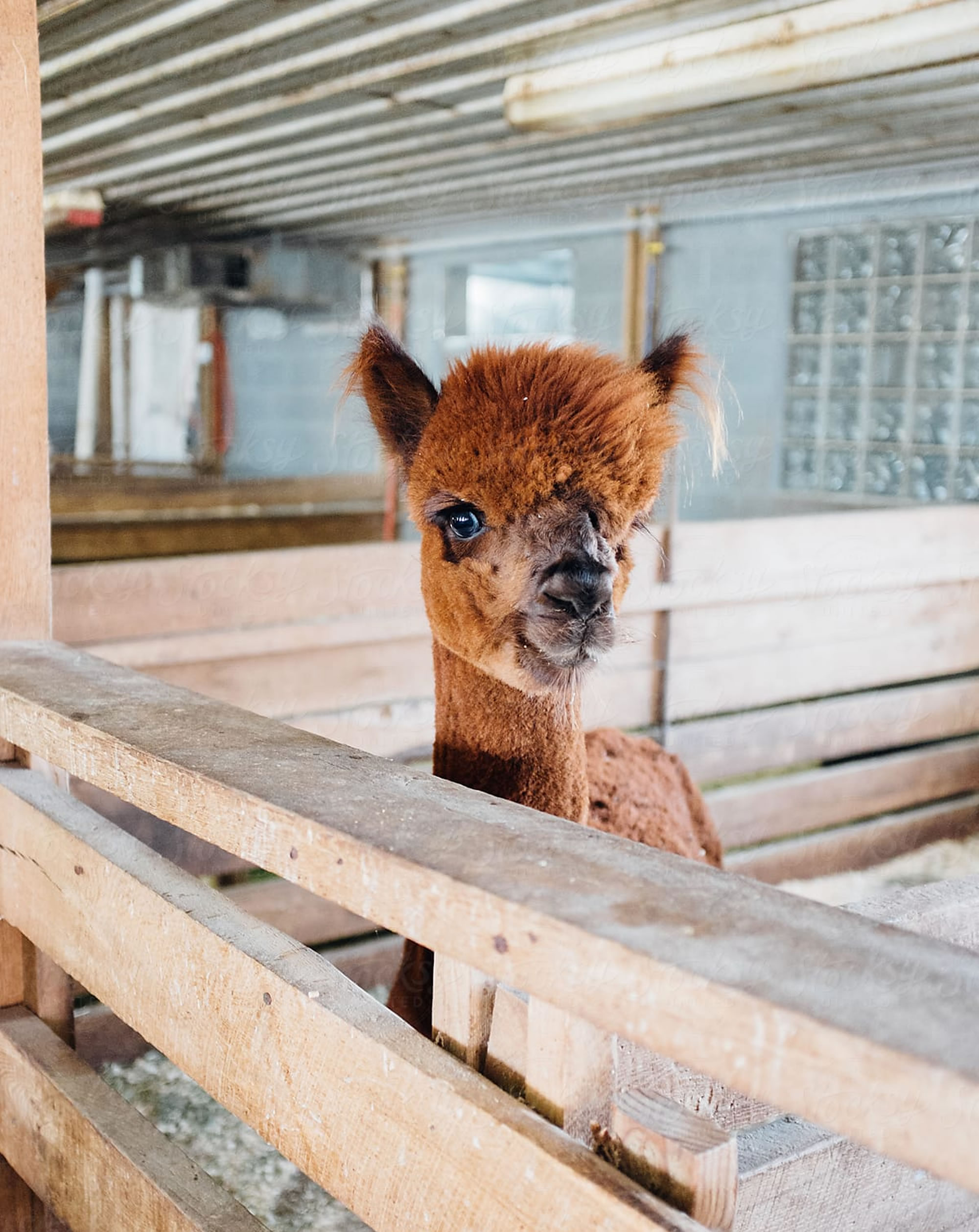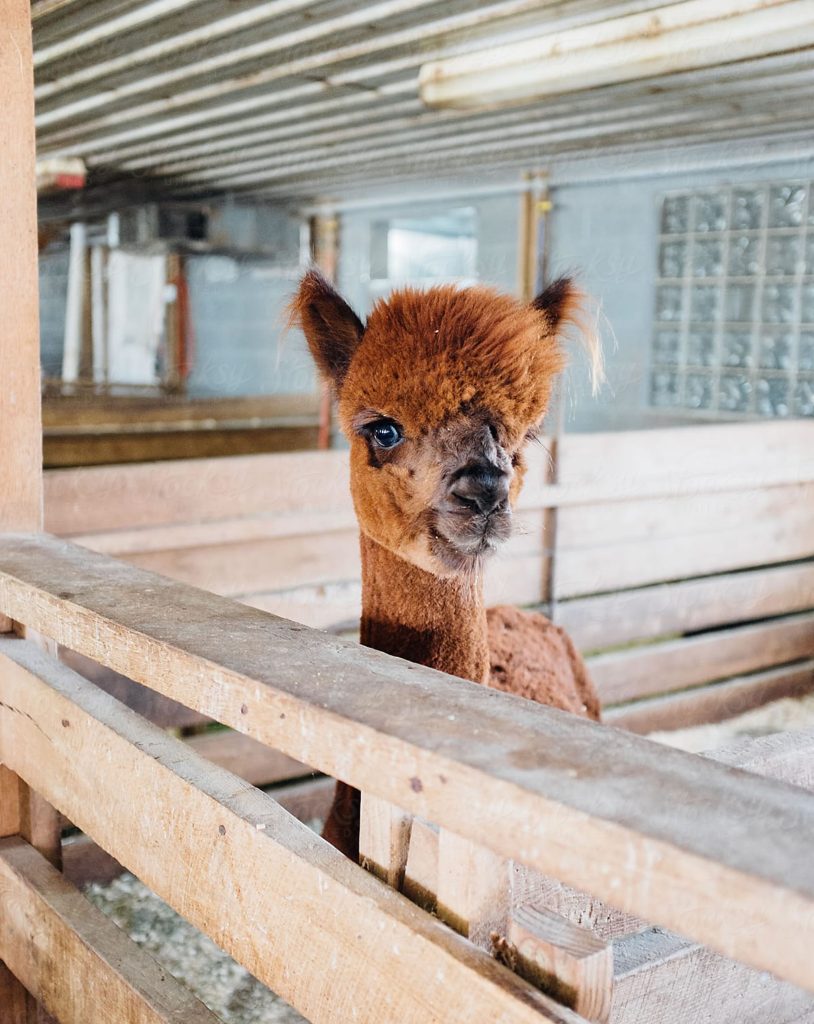

Housing and Environment for Alpacas
Alpacas are a hardy and adaptable species that can tolerate a wide range of climates and environments. However, providing them with proper housing and a comfortable environment is essential to their health and well-being. Here are some key points to consider when it comes to housing and environment for alpacas:
- Shelter: Alpacas need access to shelter to protect them from extreme weather conditions, such as wind, rain, and heat. A simple three-sided shelter made of wood or metal is often sufficient, but the shelter should be large enough to accommodate all of the animals in the herd.
- Flooring: The flooring in the shelter should be dry and clean, and free of sharp objects that could injure the alpacas’ feet. Concrete, gravel, or dirt are all suitable options, but concrete is the easiest to clean and maintain.
- Ventilation: Good ventilation is important to prevent respiratory problems and the buildup of moisture and odors in the shelter. Windows or vents should be installed to allow for proper airflow.
- Pasture: Alpacas require access to pasture for grazing and exercise. The pasture should be fenced and free of poisonous plants, with enough space for the herd to move around comfortably.
- Water: Alpacas need access to clean, fresh water at all times. A trough or automatic waterer is recommended to ensure a steady supply of water.
- Feeding: Alpacas require a diet of hay or pasture, along with a balanced mineral supplement. Feeders should be designed to prevent wastage and contamination.
- Manure management: Alpacas produce a lot of manure, which can accumulate quickly and attract flies and other pests. Manure should be removed regularly and composted or spread on fields as fertilizer.
- Parasite control: Alpacas are susceptible to a variety of parasites, including worms and ticks. Regular deworming and tick control measures should be taken to keep the herd healthy.
- Biosecurity: To prevent the spread of disease, new animals should be quarantined for at least 30 days before introducing them to the herd. Visitors should also be asked to wear clean clothing and shoes and avoid contact with other farms or animals before visiting the alpaca herd.
Proper housing and environment for alpacas is essential for their health and well-being. By following these guidelines, you can provide a comfortable and safe home for your alpaca herd.
